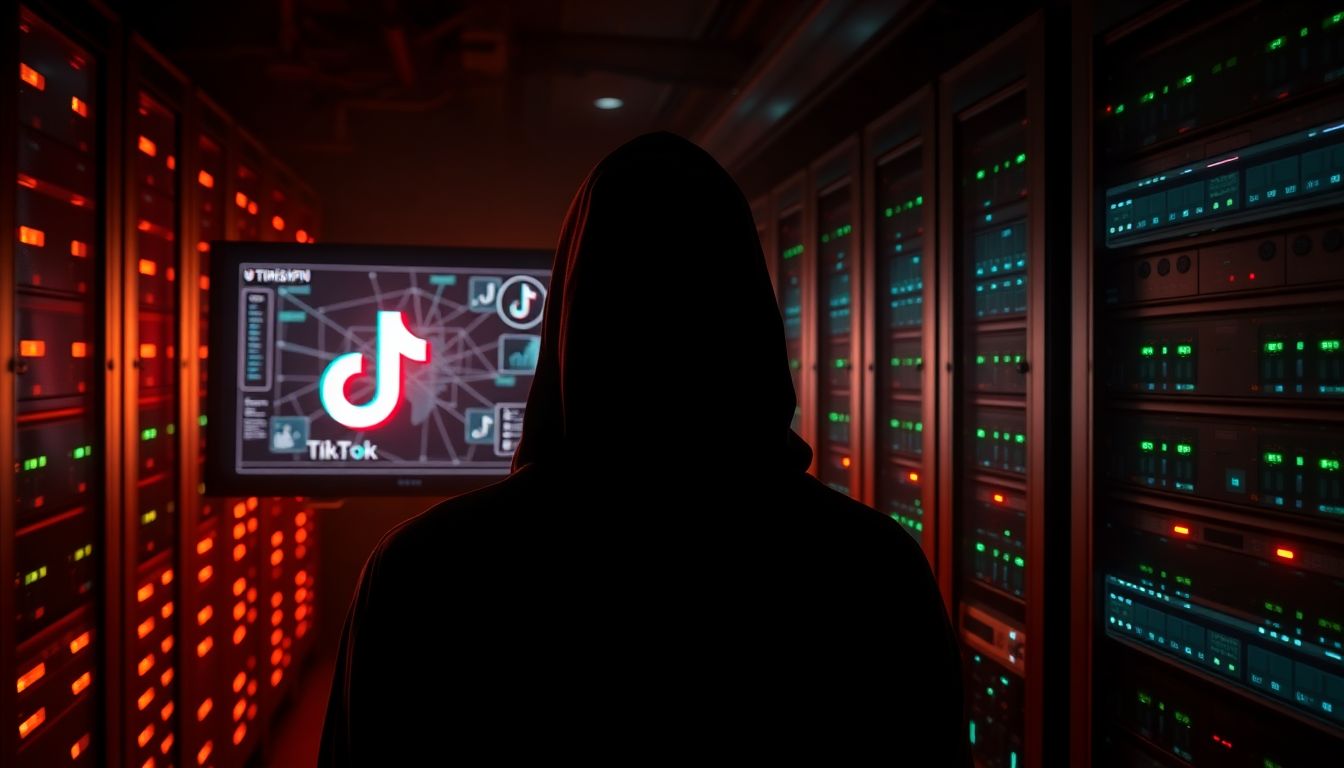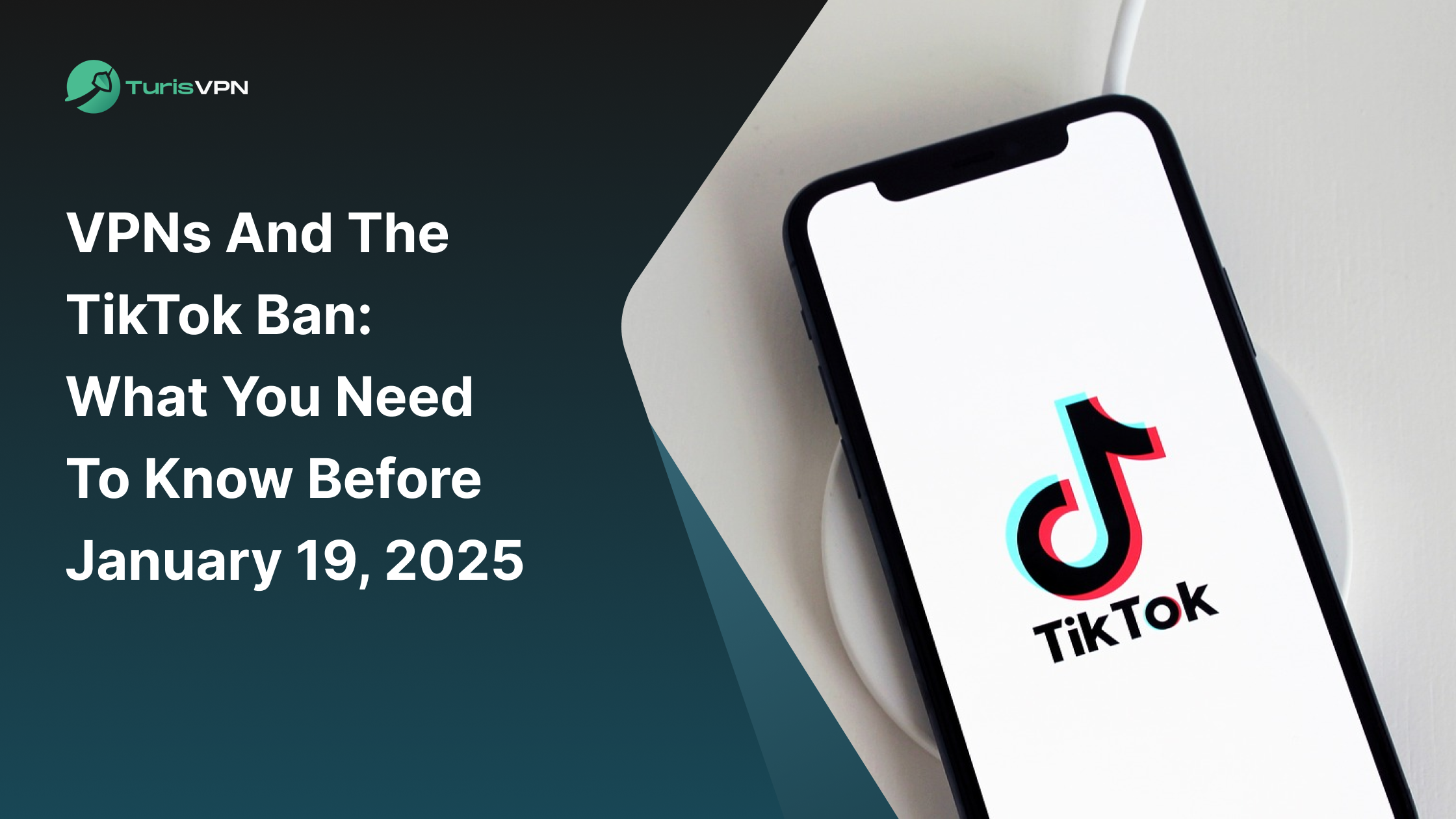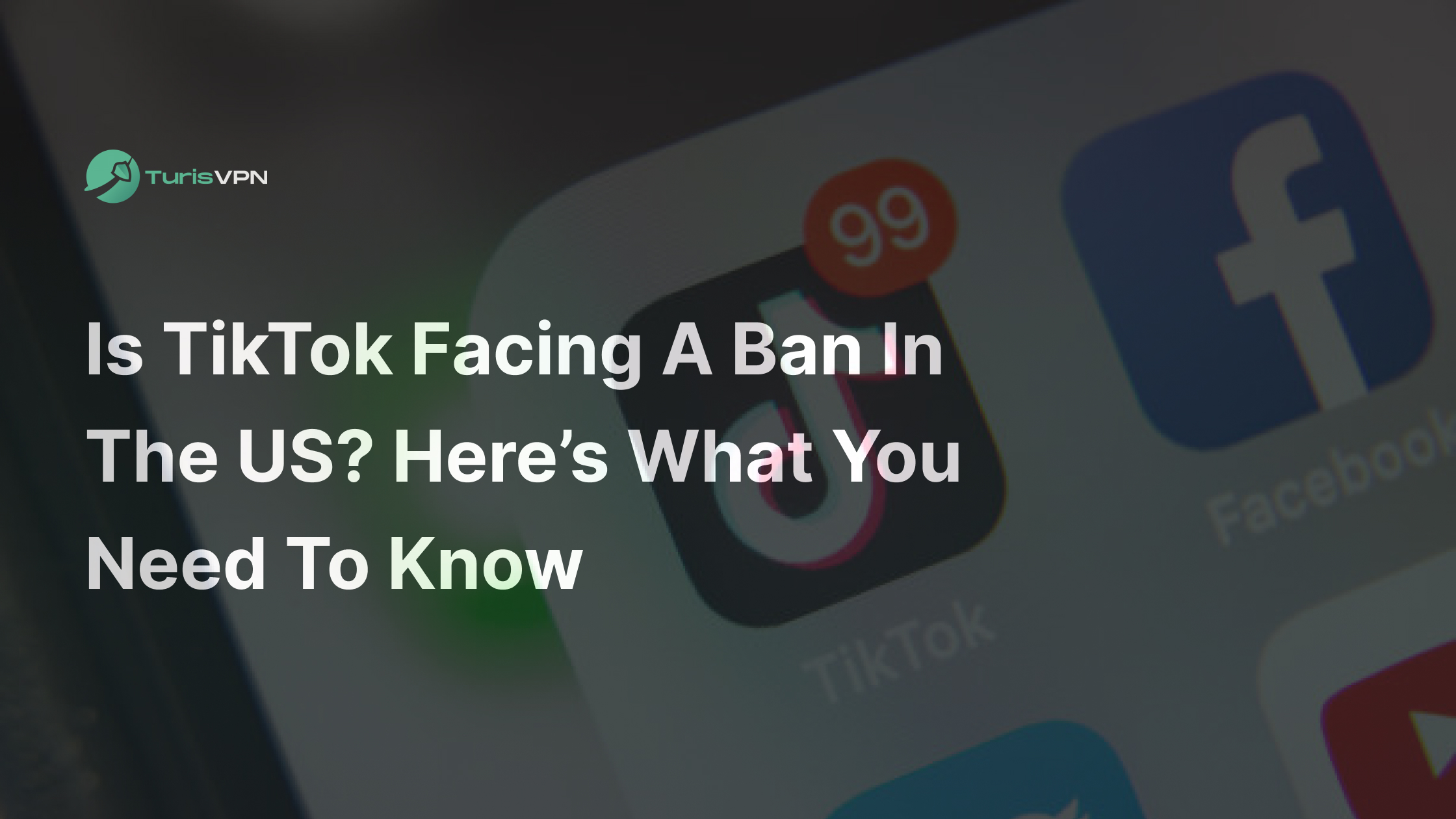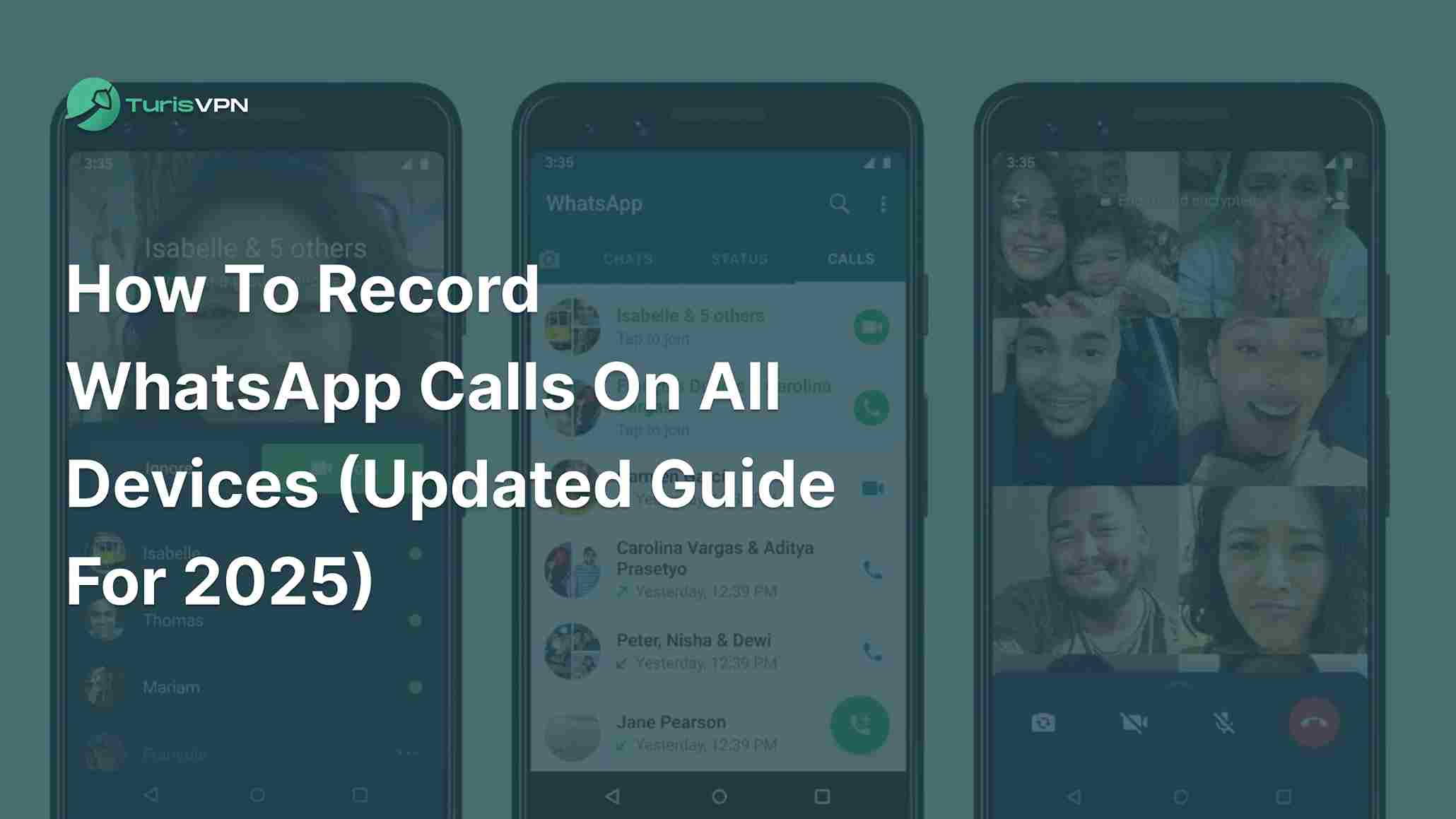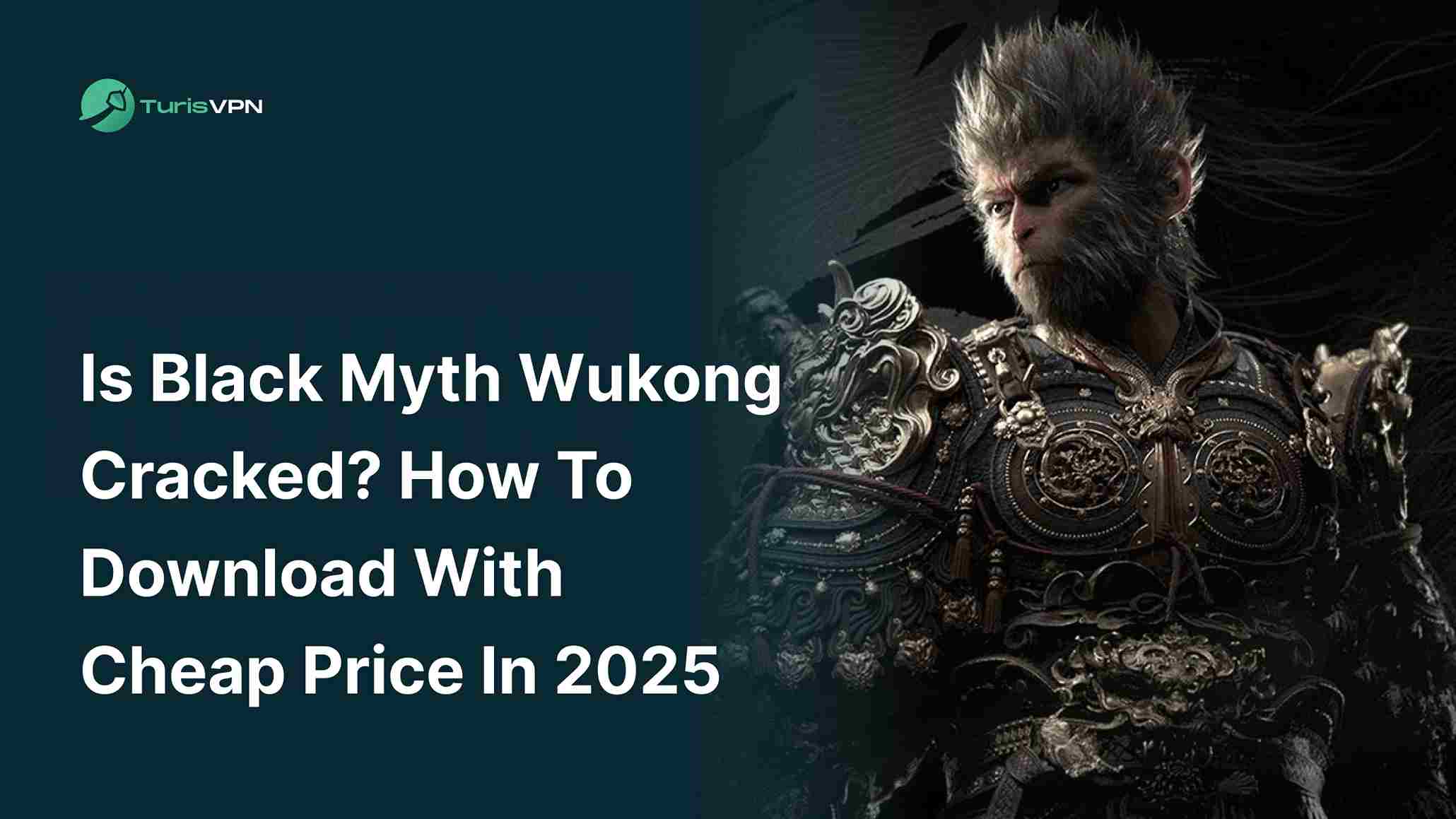The rise of social media has reshaped how we connect, communicate, and share information. With TikTok’s popularity surging, concerns about data privacy and government control have prompted debates about a possible ban. This situation raises urgent questions about digital freedom and the role of VPNs in navigating an increasingly restrictive online environment.
The Looming Shadow of Censorship
More than 4.5 billion people use social media worldwide, showcasing its immense influence. Yet, growing government scrutiny threatens this digital freedom. Countries are reconsidering policies and regulations that could restrict access to platforms like TikTok.
As fears of censorship rise, VPN usage has skyrocketed. Many are turning to VPNs to safeguard their online activities, ensuring they can access the platforms they love without interference.
Understanding the TikTok Ban Debate
The Arguments For
Supporters of a TikTok ban argue that the app poses security and data privacy risks. Governments express concerns:
- Data Collection: TikTok gathers extensive user data, which might be shared with foreign entities.
- National Security: Officials claim user data could be exploited for malicious purposes.
For instance, in the U.S., Congress has voiced worries over data practices, prompting a deeper look into TikTok’s operations.
The Arguments Against
On the flip side, critics emphasize the importance of free expression. Banning TikTok could harm:
- Economic Impact: The app has over 1 billion users, and many small businesses thrive on it. A ban could disrupt job opportunities and marketing avenues.
- Diverse Voices: TikTok serves as a platform where many share unique perspectives and stories. Removing access limits these voices.
The Legal Landscape
Legal frameworks play a key role in this debate. Cases like Packingham v. North Carolina highlight free speech concerns in digital spaces. Legislation surrounding online communication continues to evolve, impacting how governments address social media regulation.
VPNs: A Lifeline in a Censored World?
How VPNs Work
VPNs, or Virtual Private Networks, serve as secure tunnels for internet traffic. They hide users’ IP addresses and encrypt data, allowing individuals to bypass geo-restrictions. This technology is crucial for those seeking greater online freedom.
The Ethics of VPN Use
While VPNs can protect privacy, their use raises ethical questions. Some may misuse these tools to access illegal content. Users should understand potential legal ramifications, as laws vary widely between regions.
Choosing a Secure VPN
Selecting a trustworthy VPN is essential. Consider the following:
- Privacy Policy: Look for VPNs that don’t log user activity.
- Speed and Reliability: Ensure the service maintains good performance.
- Customer Support: Opt for providers that offer 24/7 assistance.
The Impact on Digital Rights and Freedom of Expression
The Chilling Effect
Bans can create a chilling effect on free speech. When individuals fear censorship, they may hesitate to share their views. Data from the Freedom House indicates that restrictions on social media exacerbate global censorship.
The Right to Access Information
Access to diverse information is a fundamental aspect of a free society. Restrictions limit people’s ability to explore different viewpoints. This affects not only individual rights but also the overall health of a democratic society.
Global Implications
The discussion of digital rights extends beyond one country. Countries worldwide face dilemmas over internet freedom. The implications of a TikTok ban echo in discussions about digital sovereignty and what it means for communities globally.
Data Privacy and Surveillance in the Age of Bans
Data Security Risks
As more individuals turn to VPNs, data privacy becomes vital. While VPNs can enhance security, they can also introduce risks. Experts warn that some providers may not be as secure as they claim. A staggering 60% of VPN users are unaware of potential data leaks.
Government Surveillance Concerns
The increase in VPN usage hasn’t gone unnoticed. Governments may ramp up surveillance efforts, seeking to track users circumventing bans. Organizations like the Electronic Frontier Foundation (EFF) warn about the potential for invasive monitoring.
Mitigating Privacy Risks
To reduce privacy risks while using VPNs:
- Research Providers: Look for VPNs with strong security records.
- Use Multi-Factor Authentication: This adds an extra layer of protection.
- Regularly Update Software: Keep your VPN and devices secure.
The Future of Social Media Regulation
The Rise of Decentralized Platforms
Decentralized platforms may emerge as alternatives to traditional social media. These networks, which operate without a central authority, could offer safer spaces for expression and connection.
The Role of International Cooperation
Addressing social media regulation requires global collaboration. Nations need to establish guidelines that respect individual freedoms while ensuring security. Cooperation can help create shared standards that benefit everyone.
Balancing Security and Freedom
Striking a balance between security and freedom is essential. Effective regulation should safeguard national interests without sacrificing individual liberties. This delicate line is crucial in shaping the future of social media.
Conclusion: Navigating the Complexities of a Digital World
Key Takeaways
- The TikTok ban debate reveals larger issues around digital freedom and privacy.
- VPNs offer protection but come with their own risks.
- It’s vital to balance security with freedoms in social media regulation.
A Call to Action
Engage in conversations about digital freedom and understand the implications of social media regulation. Stay informed, share your thoughts, and advocate for a future where freedom and security coexist harmoniously.


